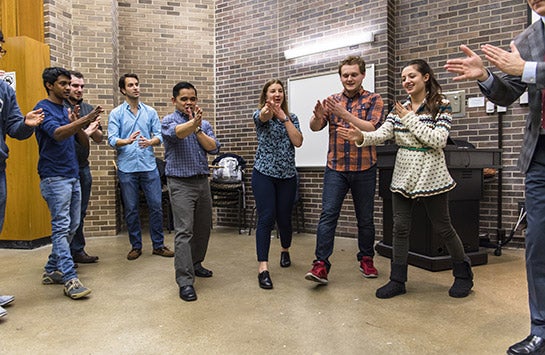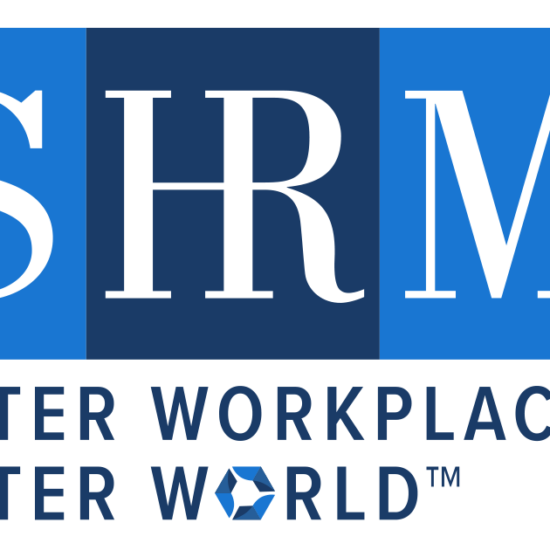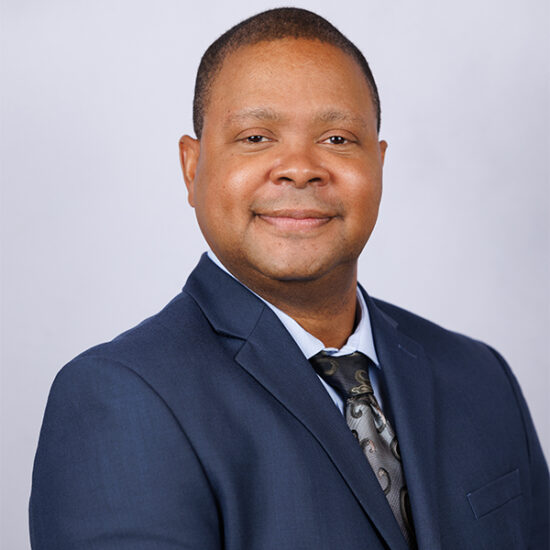Scholar - Practitioner the Next Generation Human Resources Professionals
There is a great divide between academia and corporate America about the best way to develop the next generation of human resources professionals. Academica focuses on evidence-based research to advance scholarship and theories. Corporate America desires practical solutions connected to the financial performance that can quickly be monitored and flexible.
The UIC Business undergraduate degree in Human Resource Management aims to integrate the competencies of the scholar and the practitioner to bring out the best of both worlds of knowledge for the next generation of human resources professionals.
We enable students to contribute to an organization's success through leveraging an internationally recognized faculty, a focused and comprehensive education, and courses that develop Human Resources/Organizational Behavior competencies for today's Fortune 500 companies. Prior to graduation, students can also qualify for certification as a SHRM Certified Professional (SHRM-CP®) from the Society for Human Resource Management (SHRM), giving them a competitive edge in the job market.
Curriculum and Program Outcomes Heading link

Curriculum
The Bachelor of Science in Human Resource Management develops the necessary skills to successfully manage strategic human resources and facilitate change within organizations. A focused curriculum cover topics that include building effective teams, strategic compensation, global human resources, personal leadership skills, diversity and inclusion, recruitment, training and development, labor laws, and consulting.
Program Outcomes
With a degree in human resource management from UIC Business, students will learn to:
- Motivate, lead, and manage a diverse workforce
- Recruit, select, and hire top talent using industry best practices
- Develop and implement strategic compensation systems and a total rewards strategy
- Facilitate effective employee job and performance design
- Create and conduct training and development programs
- Develop change management interventions
- Enhance employee engagement and performance
- Integrate human resource management systems in dynamic and multicultural global organizations
- Diagnose and solve complex organizational issues
- Apply effective management consulting skills
Apply Here Undergraduate Admissions
Apply Here PhD Programs
Department Faculty Heading link

Access and Opportunities: iLEAD Professional Development Program Heading link
The Institute of Leadership Excellence and Development at UIC Business builds student success by providing all business students with an innovative professional development program designed to develop the key skills in demand by today’s employers. These skills go beyond traditional classroom academics and focus on the intangible soft skills that equate with future success in the workplace. Utilizing improvisational theatre techniques and experiential learning activities, UIC Business faculty lead students to practice teamwork, problem-solving, decision-making, and relationship-building skills. Experiential coursework, internships, community service, mentoring and advising form the unique components of the program.
Career Opportunities Heading link
Students can pursue a career path as an HR Generalist or an HR Specialist. HR Generalists are typically found in smaller businesses and have broad responsibility for all areas of human resource management. Most entry-level jobs in large organizations are within one of five HR specialty areas: Workforce Planning and Employment, Training and Development, Compensation and Benefits, Employee and Labor Relations, and Risk Management.
Recruiter
Recruiters typically build relationships with hiring managers, assist in job design, manage a requisition load, and engage, interact and negotiate with potential employees to join the company.
Training Specialist
Training specialists work with human resources managers to identify job/company-wide needed competencies, create and deliver skill development, manage training platforms and programs, and assist with a gap analysis of skills management. Training specials may also design training modalities – online, in person, or on the job.
Onboarding Specialist
The specialist typically works with hiring managers to organize and oversee the onboarding process for new hires. Specialists are task presentations, initial system training, and streamlining the overall process.
Benefits Administrator
Entry-level administrations typically manage and administer a company’s employee benefit and compensation programs, from retirement plans and health insurance to life insurance. Depending on the specific or concentration of the job tasks, administrates roles could be labeled Compensation, Benefits, or Compliance Analysts.
Employee Relations Specialist
Employee relations specialists are typical the face of human resources, implement cultural programs, resolve employee conflicts, conduct investigations, and identify things that influence morale.
Safety Specialist
A safety specialist typically evaluates and inspects the environment, procedures, and practices to ensure compliance with safety standards and government regulations. Specialists investigate accidents to identify root causes and implement preventive procedures.
Employee Assistance Program Coordinator
EAP coordinator support employees experiencing job performance and personal wellness challenges. Advanced EAP career professionals go on to train as mental health professionals with additional field-relevant certifications and licenses.
Human Resource Associate/Generalist
HR Generalists are typically in charge of the day-to-day management of human resources for a defined group or department. As the face of human resources, the associate/generalist is tasked with hiring and interviewing staff, administering pay, benefits, and leave, enforcing company policies and practices, and building relationships with managers.
SHRM Alignment Heading link
As of May 2023, the University of Illinois Chicago Business Administration aligned its Bachelor of Science in Human Resource Management degree with the Society for Human Resource Management (SHRM) HR Curriculum Guidebook and Templates. Throughout the world, over 500 programs in approx. 425 educational institutions have been acknowledged by SHRM as being in alignment with its suggested guides and templates. The HR Curriculum Guidebook and Templates were developed by SHRM to define the minimum HR content areas that should be studied by HR students at the undergraduate and graduate levels. The guidelines — created in 2006 and revalidated in 2010, 2013 and 2017 — are part of SHRM’s Academic Initiative to define HR education standards taught in university business schools and help universities develop degree programs that follow these standards.
Featured Course and SHRM Competency Connection Heading link
MGMT 452 Organizational Behavior (Required)
Emphasizes understanding and managing people at work. It analyzes individual, group and organization topics including leadership, motivation, attitudes, group dynamics, and organizational culture. SHRM Competencies: 1-6
MGMT 453 Human Resource Management (Required)
Examines the activities involved in attracting, retaining, and motivating employees. Topics include human resource planning, training and development, human resource information systems, and labor negotiations. SHRM Competencies: 1-6
MGMT455 Talent Management & Global Human Resources (Required)
Examines topics related to recruitment and selection, performance management, compensation and benefits, and managing human resources in a global economy. SHRM Competencies: 1-7
MGMT470 Training and Development
Examination of the science, methods, and practice of personnel training and development. Topics include needs determination, training design and delivery, training assessments. SHRM Competencies: 1-7, 9
MGMT465 Compensation and Reward Systems
Examination of compensation and reward systems designed to enhance employee motivation and performance. SHRM Competencies: 1-7, 9

Student Organization Spotlight: SHRM at UIC Heading link
The Society of Human Resource Management is the world’s largest HR-based society with over 300,000 members across 165 countries. SHRM believes in the power of a better workplace supporting career growth for professionals. SHRM at UIC empowers students to experience the real world and access HR professionals impacting millions of employees across the globe. SHRM members also gain knowledge about effective human resource management strategies. Learn about SHRM at UIC from Gabriella Llines, SHRM board member and sophomore majoring in human resource management.







